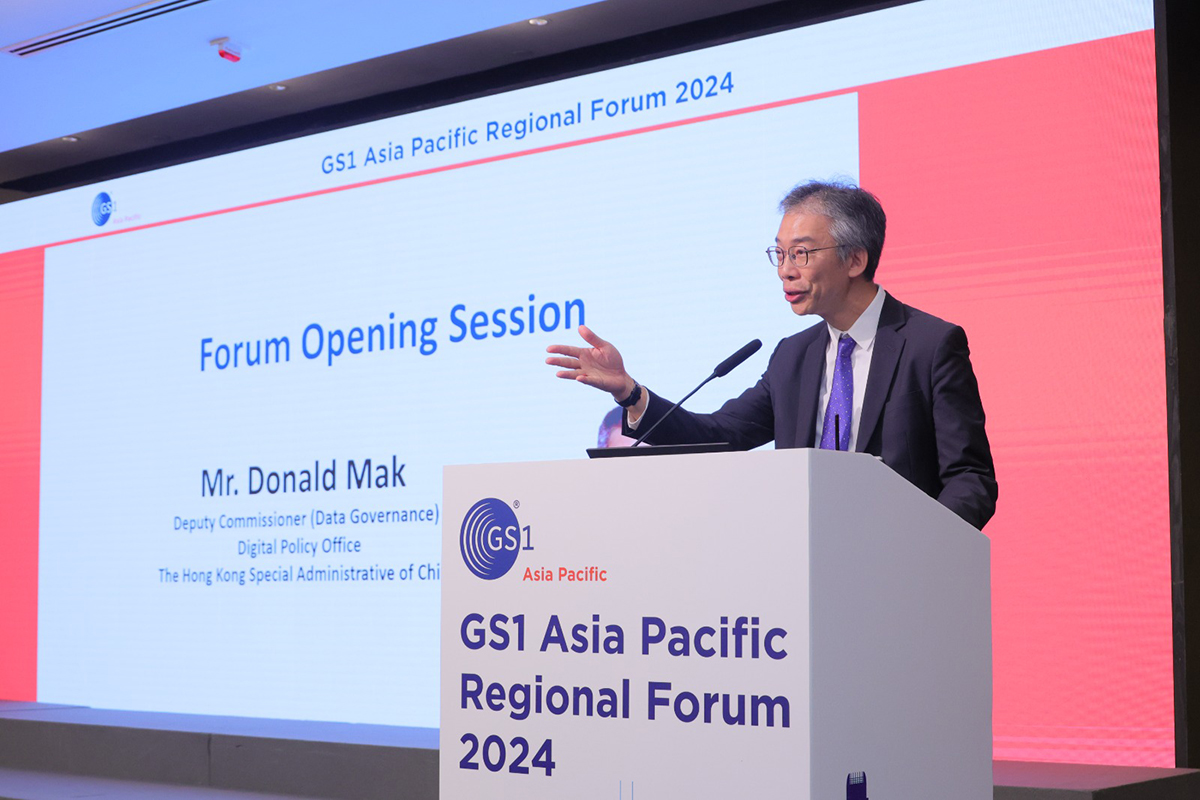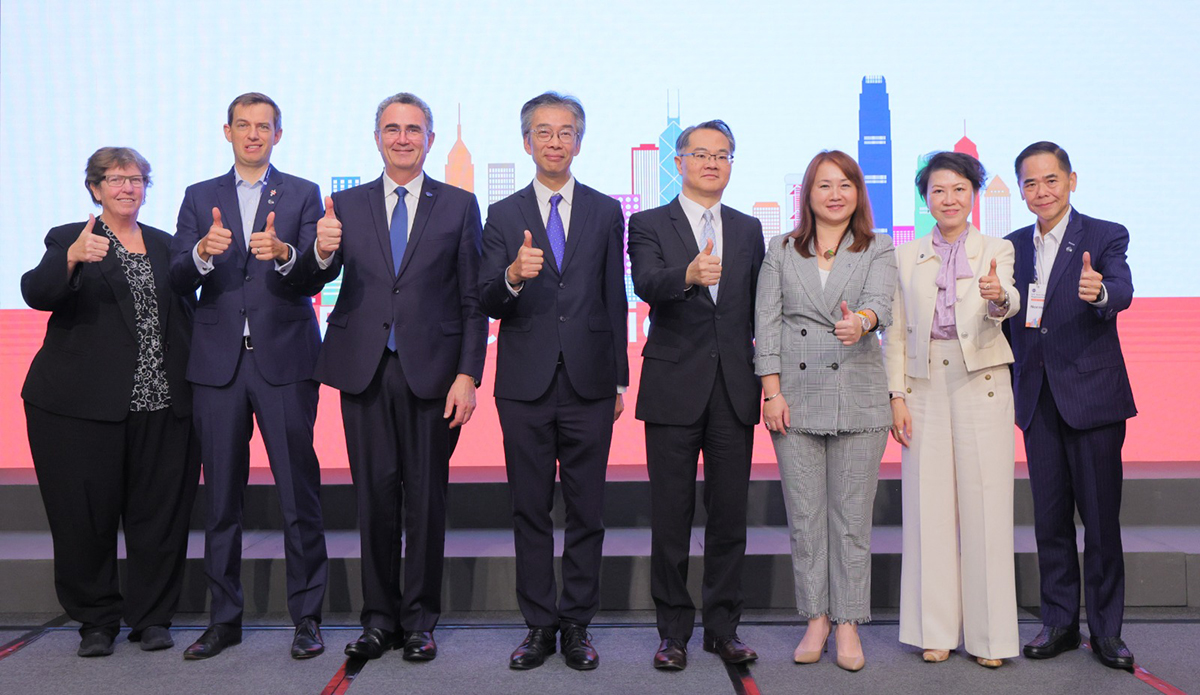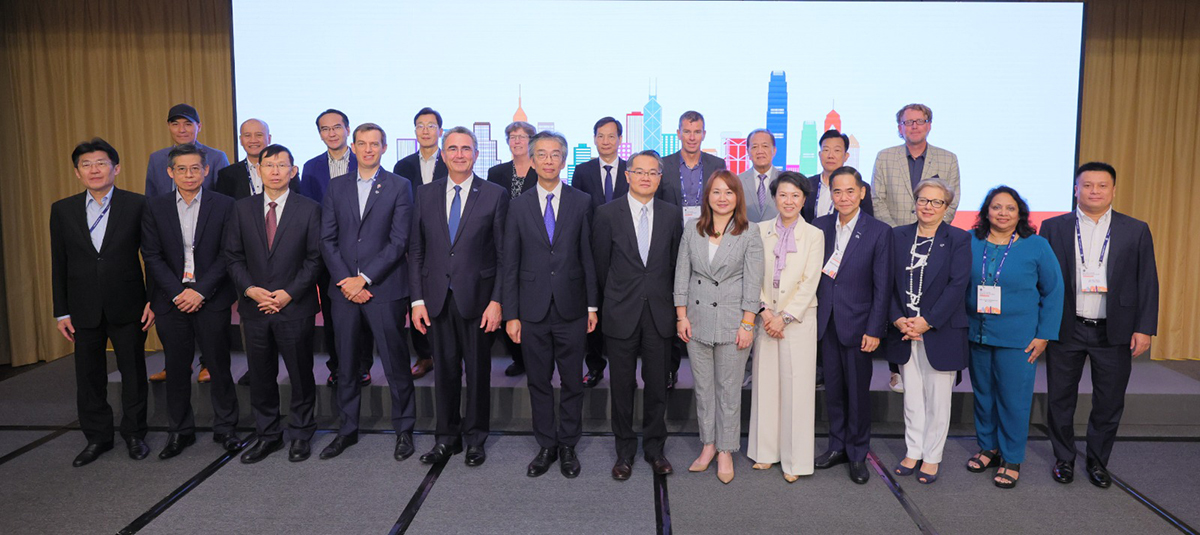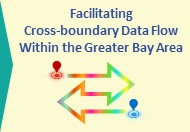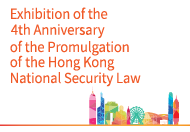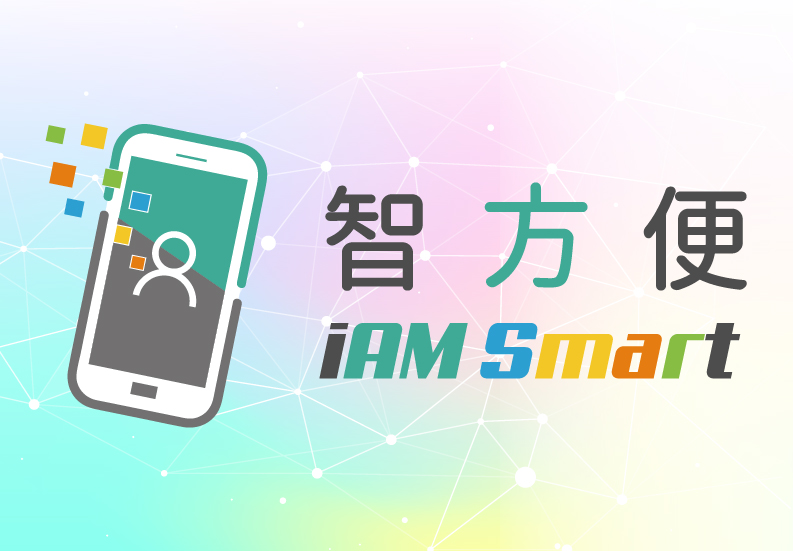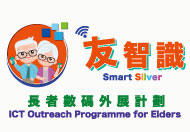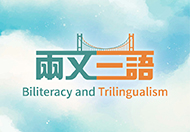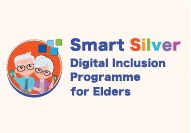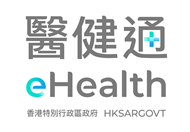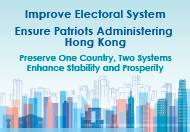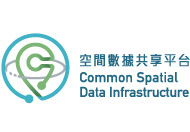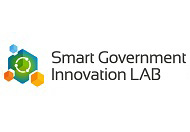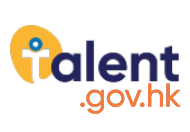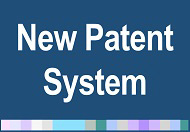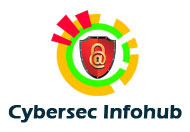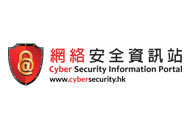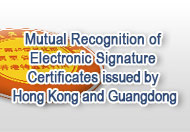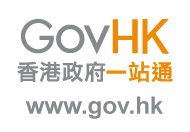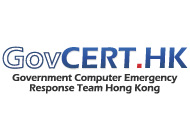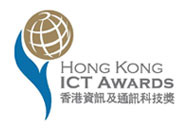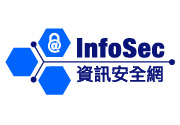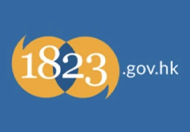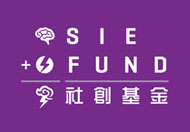Keynote speech by Mr Donald Mak, Deputy Commissioner (Data Governance), at the “GS1 Asia Pacific Forum 2024” (with photos)
May (Chairman, GS1 Hong Kong (GS1 HK) Board, Ms May CHUNG), Harvey (Ambassador of the European Union to Hong Kong & Macao, Mr Harvey ROUSE), Renaud (President & CEO, GS1, Mr Renaud de BARBUAT), Anna (Chief Executive, GS1 HK, Ms Anna LIN), Aaron (Director-General of Trade and Industry, Mr Aaron LIU), distinguished guests, ladies and gentlemen,
Good morning. It is my great honour to join you all at this GS1 Asia Pacific Forum 2024 (the Forum) today, which is one of the signature events organised by GS1 Hong Kong to celebrate its 35th Anniversary. Congratulations!
Nowadays, GS1 standards are widely adopted in over 100 countries and economies, with more than two million user companies and 10 billion transactions every day. When barcodes were invented a few decades back, they have since become an accepted part of our daily lives and have indeed led to a digital revolution that changed the way we do our business until today. With a simple scan and a beep sound, a product could be identified for subsequent processing by a computerised system. By enabling the sharing of trusted quality data everywhere, barcodes tell the story behind products – their place of origin, their contents, and the whole supply-chain journey these products have gone through. This also illustrates how data can be leveraged to improve our operational efficiency in the digital era.
The Government well appreciates the value and importance of data, and how it can foster the development of digital economy in Hong Kong. Newly established in July, the Digital Policy Office comprises three branches. I’m the Deputy Commissioner in-charge of one of the branches, the Data Governance Branch, which formulates and promulgates policies and measures on data governance, with a view to opening up and sharing of more data; breaking information silos; harnessing technologies to analyse and leverage data; and innovating public services with IT and data. I would like to introduce some of my work for sharing with you.
First, “iAM Smart” or the digital personal identity. Simply put, “iAM Smart” is an initiative that aims to provide Hong Kong residents with a single digital identity and an authentication function to conduct government and commercial transactions online, which leverages personal data in an efficient, secure and user-friendly manner. Launched in December 2020, “iAM Smart” is free to register and use for Hong Kong residents aged 11 or above, who can then conduct online transactions and perform digital signing with legal backing in a simple and secure manner. Currently, the number of “iAM Smart” registered users has exceeded three million. It supports over 430 government and commercial online services, including filing of tax returns, registration for contactless e-Channel, application for international driving permits, renewal of vehicle licence, renewal of books in public libraries, checking electricity and gas bill, etc. Recently, we have launched a number of new features to enhance the iAMSmart, for example the registration to iAMSmart+ through the NFC feature of users’ mobile phones, launch of iAMSmart personal code to facilitate visitors’ registration at premises. We are going to launch a number of new features in coming months, such as personal assistant for browsing of personal dealings with the Government like government bills and storing verifiable digital personal documents issued by the Government like senior citizen card, fishing licence, etc. which can further enhance the user experience on using iAMSmart. We will also drive all Government bureaux and departments (B/Ds) to complete the service integration with “iAM Smart” by 2025 so as to realise the target for iAMSmart to serve as a “single portal for e-government services”.
Second, “CorpID”, the digital corporate identity. You may take it as the business version of “iAM Smart”. The CorpID can serve as a common digital key to facilitate Hong Kong corporations to undergo corporate identity authentication and corporate signature verification when they use e-government services or conduct online business transactions in a secure, convenient and efficient manner. All the necessary verifications (e.g. whether the CorpID is still valid, whether the associated corporation is having a valid business registration, whether the person using the CorpID has been authorised to act or sign on a transaction on behalf of the corporation) will be performed by the CorpID platform. Thus, the effort to verify the identity of the corporation having the CorpID can be minimised. Moreover, corporations can also extract their data registered on the platform for future form pre-filling, thereby simplifying the complicated procedures related to document submission. This will also save time and reduce human error in handling business, thus accelerating the digital transformation of the businesses in Hong Kong.
Third, Big Data and artificial intelligence (AI). The Digital Policy Office launched the Big Data Analytics Platform (BDAP) in 2020 to promote the use of technologies such as big data analytics and artificial intelligence by B/Ds more efficiently and cost-effectively. It provides various shared big data analytics tools, including image analytics, social media text analytics, etc. for adoption by B/Ds to develop their own big data analytics and artificial intelligence projects. Currently, the BDAP has already supported the implementation of more than 20 big data projects in the Government.
AI and Big Data Analytics offer significant opportunities for smart city development, but they also pose challenges. To harness their benefits while addressing ethical concerns, the Government emphasises the importance of AI and data ethics in IT projects. Therefore, we have formulated the Ethical AI Framework to provide clear guidelines to B/Ds for the development of AI technologies (including generative AI) and applications. This framework includes guiding principles, practices and assessment template, and is also applicable for general reference by other organisations when AI and big data analytics are adopted in their IT projects.
Fourth, Blockchain. We launched in 2022 the Shared Blockchain Platform (SBP) to facilitate B/Ds to develop blockchain application systems. The first application connected to this Platform was the “Dealers in Precious Metals and Stones Registration System”, which was rolled out by the Customs and Excise Department in April 2023. Besides, to support B/Ds in realising the electronic issuance of documents such as licences, permits and certificates, etc., we publicly launched the “e-Proof” in May 2024 with a view to making use of blockchain technology to verify the authenticity of these electronic documents. At present, it covers 12 types of fire services licenses and certificates issued by the Fire Services Department, as well as the school registration certificates from the Education Bureau. A total of 5 700 licenses and certificates have been issued so far.
Next, Open Data. Open data provides raw materials for technology research and city innovation, facilitating the development of digital economy and smart city. With the advancement of information and communications technology (ICT), the creative and value-added re-use of open data by the community is possible if data is made available in digital format. We can tap community wisdom and promote innovation to bring convenience to the public and even encourage entrepreneurship. Therefore, we launched the Open Data Portal in 2011 to facilitate the free re-use of government data in digital format for commercial or non-commercial purposes. To help further drive open data development in Hong Kong, the Government promulgated the Open Data Policy in 2018 to promote the opening up of more government data. The datasets available on the portal have since increased progressively. Currently, more than 5 400 open datasets are available on the Open Data Portal for free use by the public and the annual data download in 2023 exceeded 54 billion.
Our effort to promote the opening up and sharing of data does not end here. To foster cross-boundary data flow between Hong Kong and the Mainland, the Government signed an MoU in June last year with the Cyberspace Administration of China (“CAC”), and we subsequently made a joint announcement in December the facilitation measure on “Standard Contract for Cross-Boundary Flow of Personal Information Within the Guangdong-Hong Kong-Macao Greater Bay Area (Mainland, Hong Kong)” and the “Early and Pilot Implementation” arrangements. The arrangements help streamline cross-boundary data flow, while in compliance with relevant rules, from the Mainland cities in the GBA to Hong Kong, thereby lowering the compliance cost in data flow, which in turn boosts the digital economy and research development in the GBA. The facilitation measure has been operating smoothly, and we will extend it to cover all business sectors, promoting more cross‑boundary services to benefit the public and businesses while facilitating data flow throughout the GBA.
I believe GS1 will continue to develop solutions to make best use of data to enhance the way we live and work. In closing, may I wish the Forum a big success, and everyone an inspiring experience. Thank you.
- ENDS -






